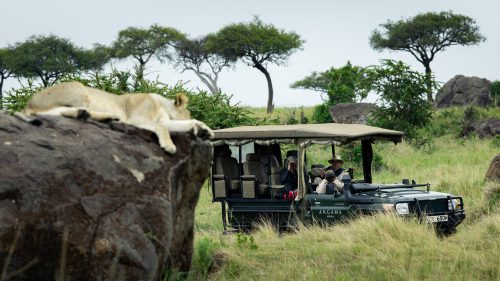
Short daily drives have allowed me to catch up with some familiar faces, and at the same time see how much has changed in the blink of an eye. It’s good to be back behind the camera for This Week At Angama.
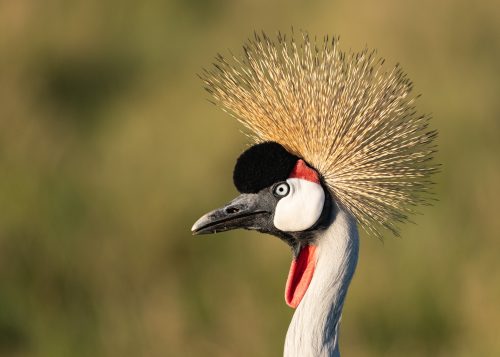
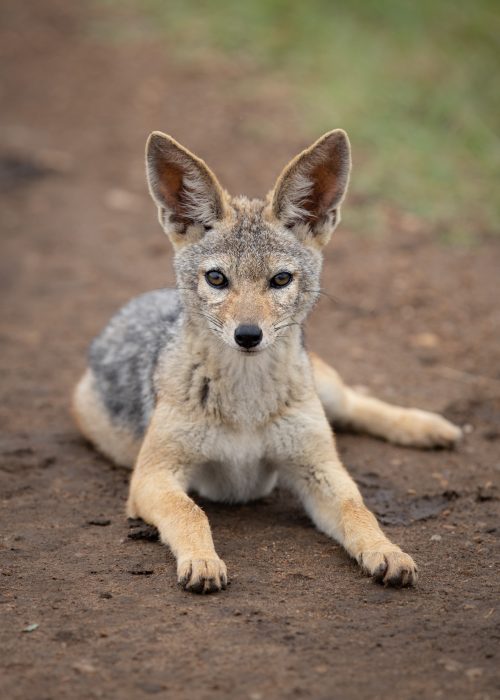
The Maasai Mara is currently in a state of flux. With only two months to go, 2020 has been the wettest year since Angama began recording rainfall six years ago. The huge migratory herds of wildebeest have headed south into Tanzania, leaving in their wake a network of prominent game trails and dusty clearings. The winds now blow across the short, grassy plains. For now, these winds are dry, but in the next few weeks, and perhaps even days, we expect clouds to start gathering on the horizon. These clouds will continue to build, and if everything happens as it normally does, more rain will fall.
But, then again, what is normal anymore?
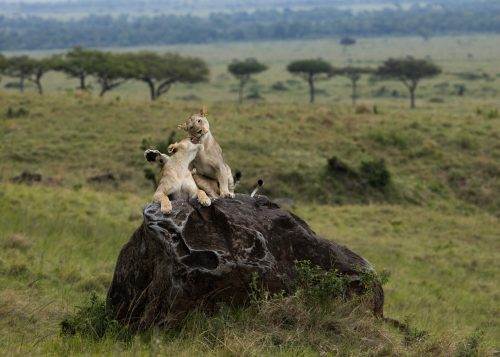
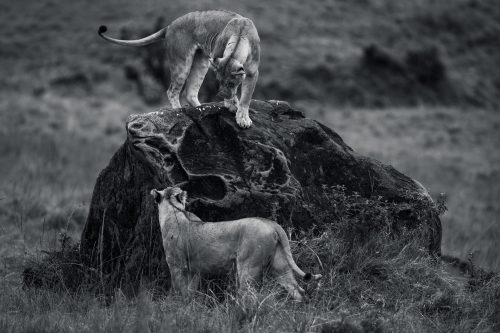
For the lions of the Mara there have been massive changes over the last few weeks. A bloodthirsty battle in the northern portions of the Mara Triangle has left a vacuum where the Kichwa Males once roamed. Now, their land sits empty – but not for long.
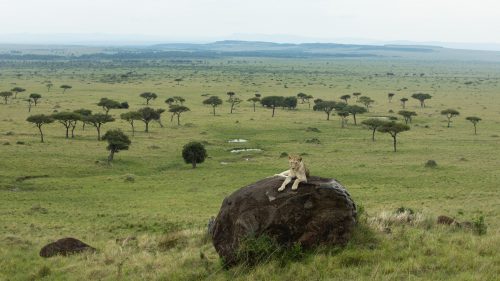
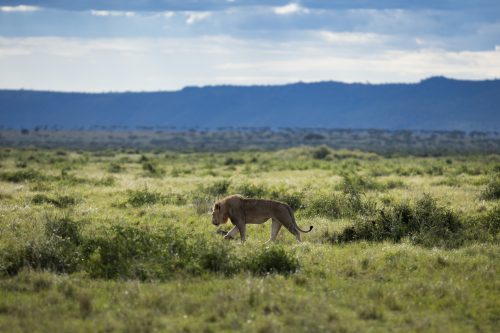
Male lions hear the silence, and with noses to the wind they march into the unknown. Like a ripple across the savannah, news spreads. Already, within just a few weeks, we have seen three separate groups of males show interest in this piece of land.
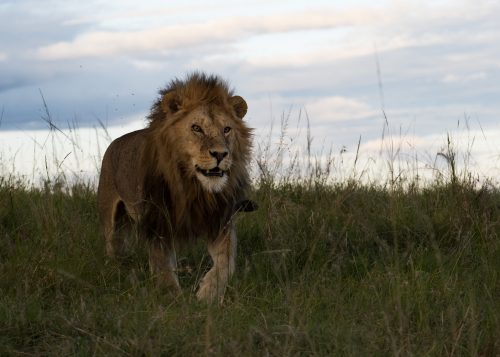
As I write this, Olalashe, the boisterous and handsome male who started life in Mara North Conservancy, seems to be the one most set on occupying the land. However, the odds are heavily stacked against him, as large coalitions circle nearby.
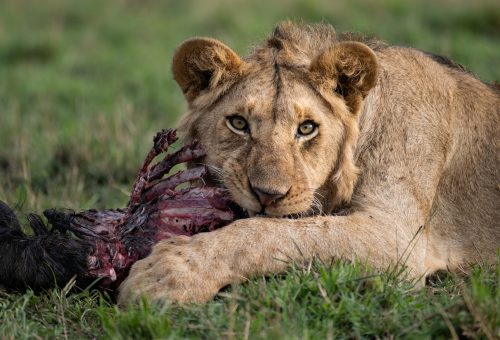
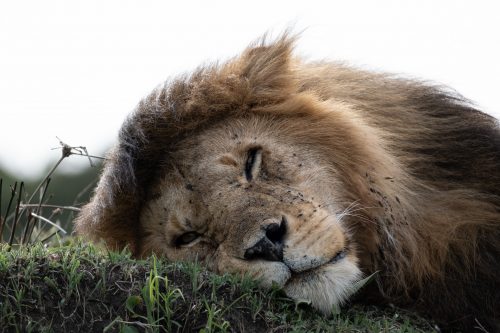
Lion viewing at the moment is fantastic and with the shorter grass, it makes photography a lot easier. Stay tuned to find out how this saga will play out.
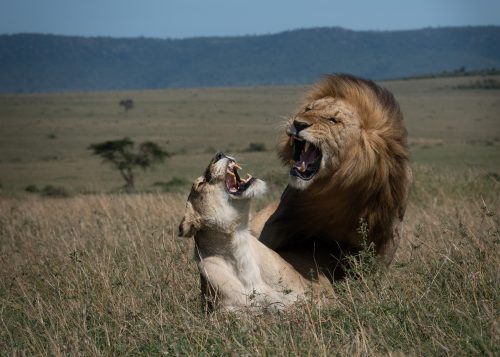
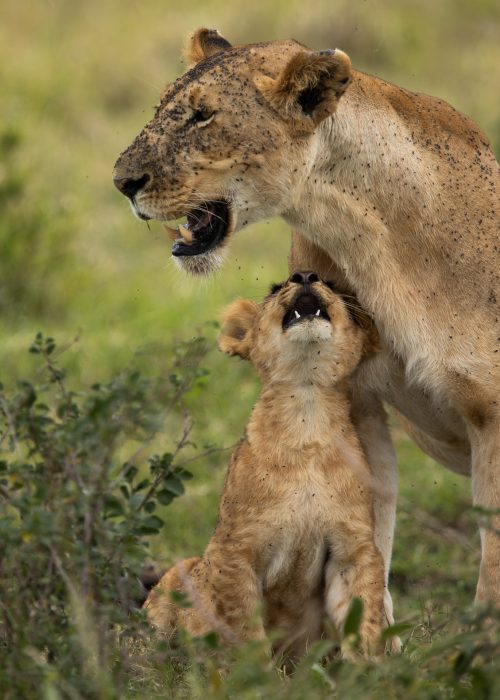
Incredibly, there are still a few crossings happening along the southern portions of the river. This has been a truly sensational Migration season, as unpredictable as always, and as entertaining as ever.
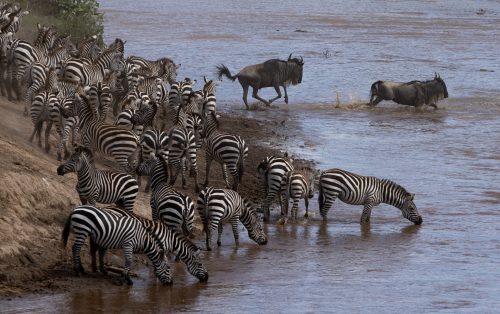
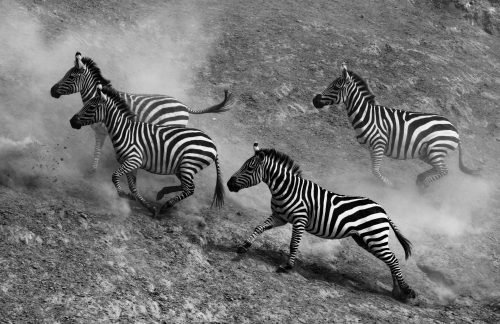
Bizarre global circumstances meant that many visitors missed the spectacle this year, but hopefully next year’s edition will be just as electric.
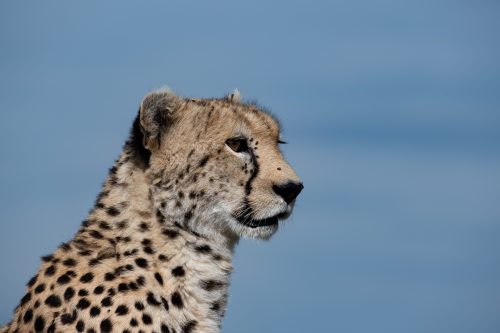
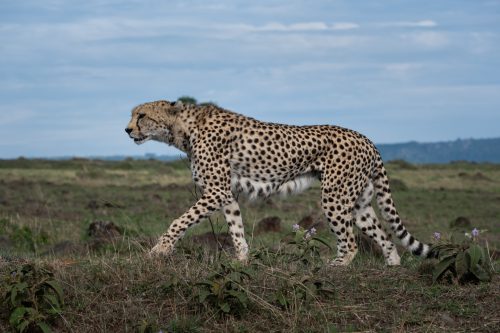
The post-Migration short grasses play right into the hands, or rather paws, of the cheetahs. It is no coincidence that sightings of these beautiful cats have increased.
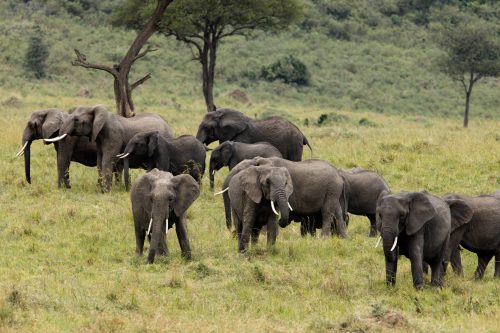
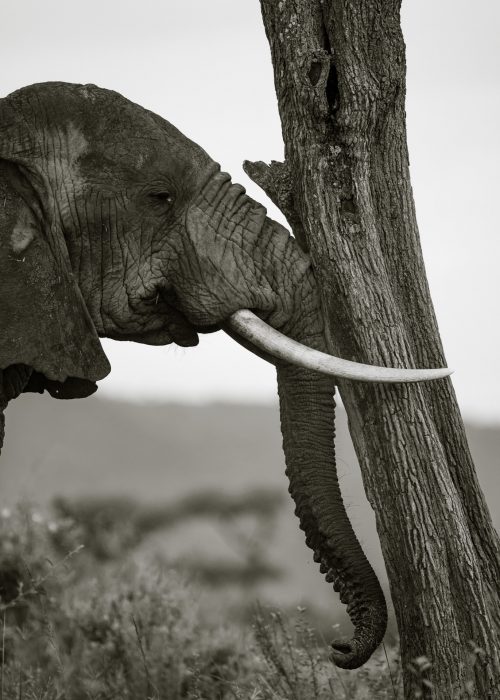
Now that the Migration has moved off, the elephants are more settled. Huge family units appear to be spreading out throughout the Triangle, spending their days feeding along the river.
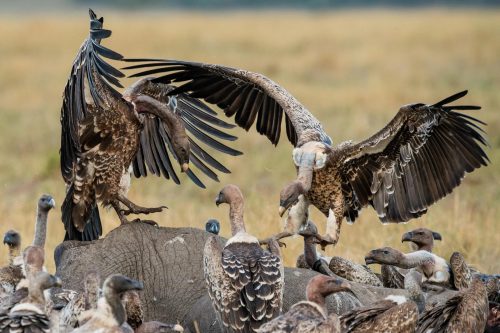
Two years ago I went out on a drive with Graham Wood when we discovered an elephant that had died of natural causes in the far south of the reserve. As sad a time as this is, it is part of life out here, and it does provide food for myriad animals.
Filed under: This Week at Angama
Subscribe for Weekly Stories
Comments (0):
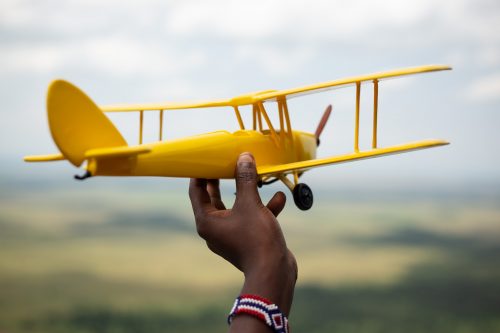
Out of Africa